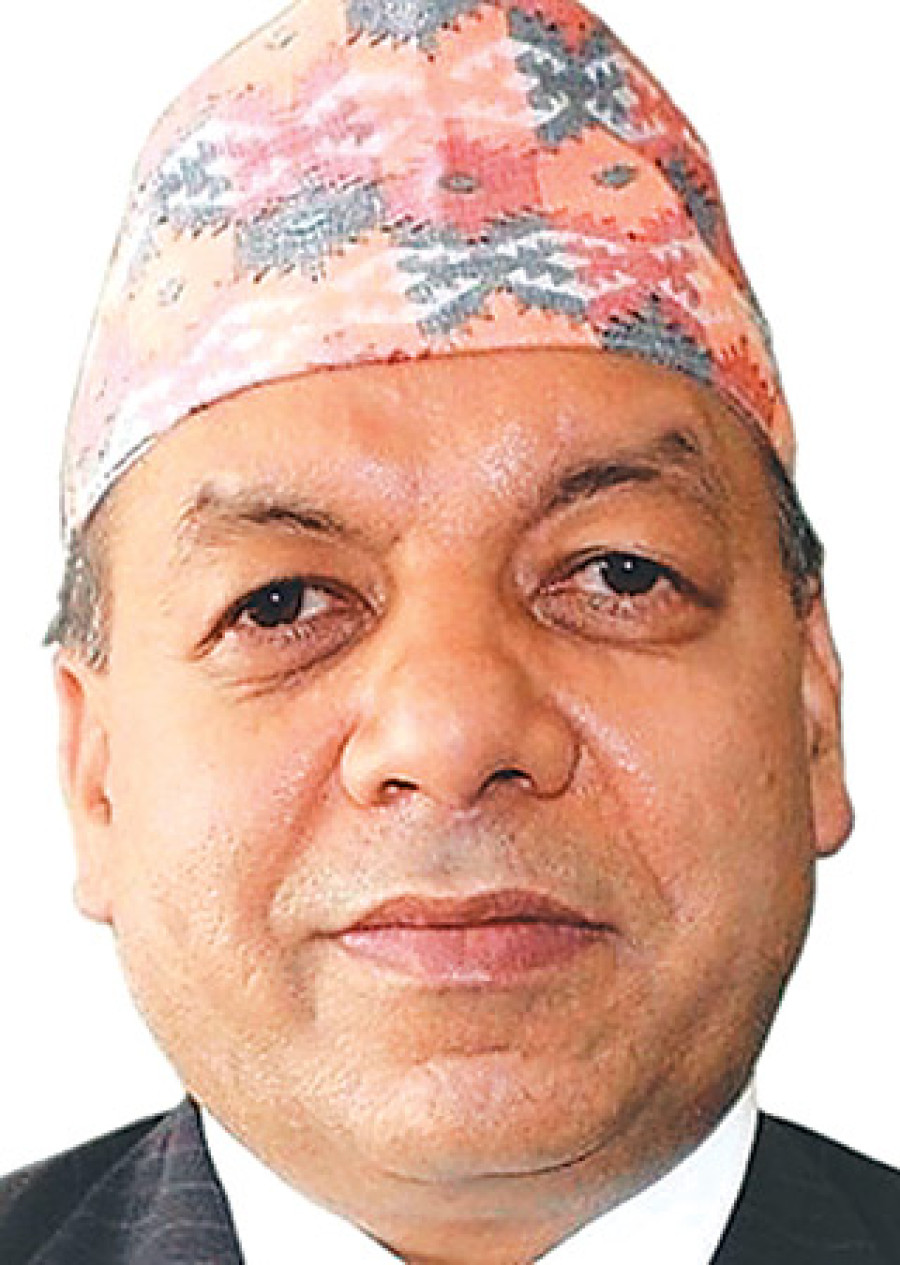National
Sharma faces new trial for graft
Suspended director general of the Inland Revenue Department Chudamani Sharma has received the summons issued by the Special Court in relation to a second corruption case filed against him.
Suspended director general of the Inland Revenue Department Chudamani Sharma has received the summons issued by the Special Court in relation to a second corruption case filed against him.
The Commission for Investigation of Abuse of Authority on January 29 had filed the case at the Special Court charging him with amassing property worth Rs42.95 million illegally. But the anti-graft body had failed to produce him at the court to start the trial citing that Sharma had been absconding.
“Sharma notified to the Special Court on February 14 that he received the court’s summons,” Nagendra Pokharel, spokesperson for the Special Court, said.
“After receiving the notice, he will have to present himself at the court within 15 days, with the option of seeking a deadline extension by 15 days.”
Although Sharma refused to face CIAA interrogation before the case was filed, he presented himself at the Special Court on February 14 during the hearing on the corruption case filed against him and two other members of the Tax Settlement Commission on July 16, 2017.
Sharma, along with TSC Chairman Lumba Dhwoj Mahat and Umesh Dhakal, faces the charge of embezzling revenues worth Rs10.02 billion each while exempting enterprises from taxes in dubious ways.
The court has set March 6 as another date for hearing on the first case. Pokharel said they expect Sharma to be ready to face trial in the second case by that time. After the trial, the court decides whether to release him on bail or to detain him.
In the second case, the CIAA stated that Sharma was found to have earned Rs36.37 million legally out of his property worth Rs79.32 million. This means that the source of property worth Rs42.95 million could not be established, the anti-graft body said. The CIAA has made Sharma and his spouse Kalpana Upreti Sharma defendants accusing the wife of owning “illegally earned’ property, the anti-graft body said in a statement.




 9.89°C Kathmandu
9.89°C Kathmandu













